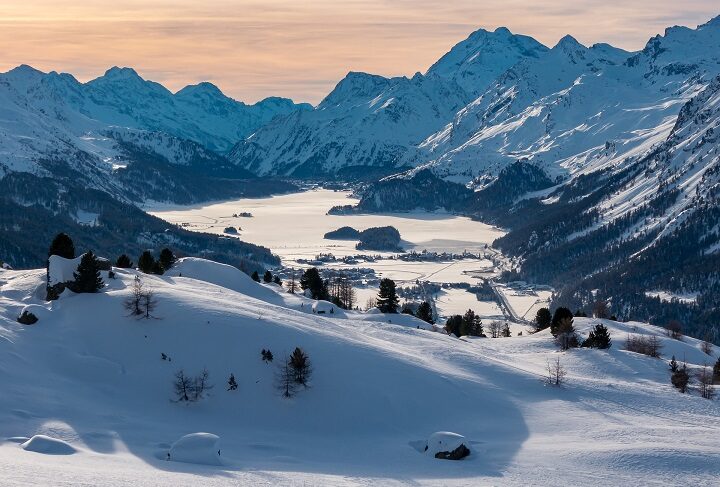Rethinking winter tourism


Everyone wants to get out, enjoy the fresh air and exercise. For this to be possible in times of Covid-19, personal responsibility and self-discipline are required. The second requirement concerns our innovative strength. Switzerland is one of the leading countries in this discipline according to the WEF's Global Competitiveness Report. And rightly so: the parking spot, winter sports equipment and the gondola up the mountain can be reserved via app; contact details are recorded digitally and drinks in the ski hut are paid for cashless, of course.
Tourism is becoming more digital
The tools are there, the question remains: Why aren't they being used more often? Some start-ups are signaling that their introduction is planned for the 2021/2022 winter season. Whether they will still be needed as urgently then as they are today is doubtful. Are the solutions not known? Do they not have the contacts to the relevant persons? Are there fears of contact with new ideas from start-ups? Thanks to the continuous screening of start-ups and new business models, WTFL has a good overview of who is developing exciting solutions.
Basically, however, we could and should be much more innovative. Did it really take a pandemic to boost digitalization in tourism? The future belongs to those who partner up early with the innovative business models of tomorrow, just as Zermatt, Flims-Laax, and also Andermatt are doing. This is the only way for a destination to remain agile, adaptable and resilient.
Half as many guests, but they stay longer
Perhaps the pandemic will teach us something else: That less can be more. What would it be like if, instead of the forty million overnight stays in Switzerland, only twenty million were booked but the guests stayed longer - and spent twice as much?
It may be that this consideration does not reflect all the economic consequences. Nevertheless, we need a discussion about the possibilities of a tourism that focuses more on quality than on quantity. Openness to new ideas for a more sustainable development in tourism is the key to innovation.
Less can be more
Half the overnight stays may not be economically bearable for our tourism industry - perhaps the resilience of the industry is overestimated. But what about the environmental and social aspects? Don't we owe it to the environment and to people to cut back a little and live by the principle that "less is more"?
Tourism experts will admonish: "Travel is a human right, it connects people, peoples and cultures". So travel should not be banned. But doesn't it make Switzerland more attractive for tourists and the population alike if it is no longer just the number of overnight stays sold that counts? Let's start practicing "less can be more" already this winter season. Perhaps one or the other recognizes opportunities for themselves personally, their company, the local population and the environment. This is what we should discuss - openly, calmly and with the future in mind.
________________
Martin Barth is founder and president of the World Tourism Forum Lucerne (WTFL). WTFL is a global platform that, analogous to the WEF, brings together relevant stakeholders - CEOs, politicians, investors, scientists, start-ups and young talents to work together on sustainable new business models. The main topics are innovation, sustainability, development and diversity. At the end of April 2021, the newly launched "Innovation Festival" by WTFL will take place in Andermatt.
